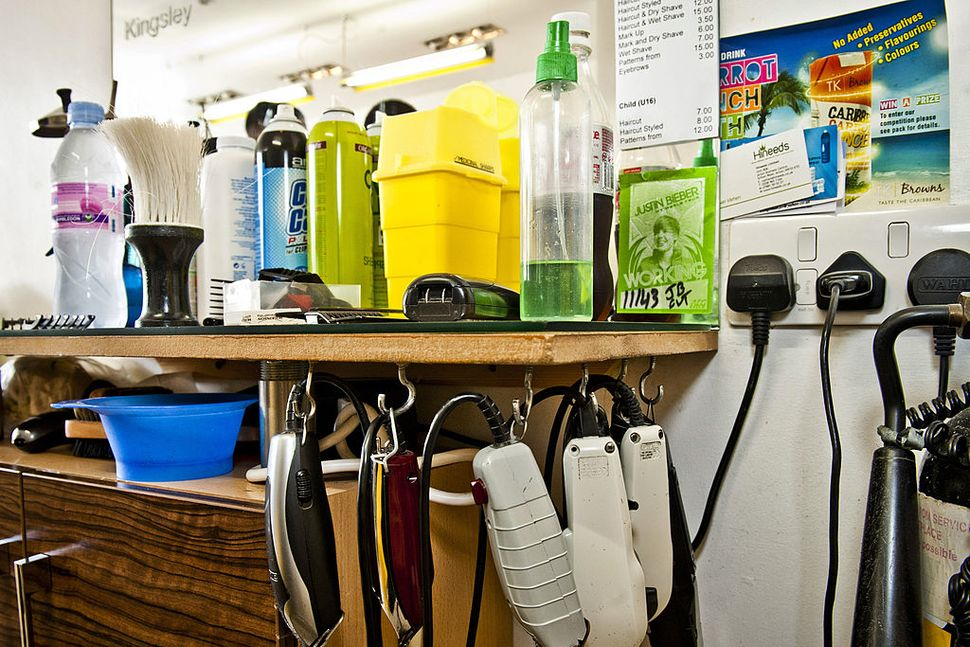Barbershops are long known for relaxed, casual environments and being havens where patrons can converse freely. Now barbershops can provide more than a stylish look for African American men as these establishments serve the unique purpose of providing diabetes screenings. Research conducted by the New York University Grossman School of Medicine and the Touro College of Osteopathic Medicine reveals that the majority of undiagnosed diabetes amongst patrons willing to be screened was three times greater than the overall rate in New York City.
The study conveys how effectively a barbershop can serve as a venue for medical screenings due to providing an outlet for candid conversations, which can help instill the importance of being proactive regarding their health. Further research presents the benefits for African American men being screened or informed about health risks as well as where to go for treatment in a comfortable environment. Screenings and information are provided for a variety of diseases that range from prostate cancer to HIV/AIDS.
According to head researcher Dr. David Lee, undiagnosed Black men living with diabetes have the highest percentages of diabetic complications, amputation risks, or death. The study further illustrates the disparity between Black men and healthcare organizations. Numerous factors ranging from the inability to afford appropriate health insurance, irregular visits to health care providers, and lack of diversity in the medical field contribute to the dilemma.
The screenings were held at eight Black-owned barbershops located in Brooklyn neighborhoods. From September 2017 – January 2019, patrons were invited to participate in an on-site diabetes screening, and only 290 out of 895 men who were approached agreed. Barbers played a pivotal role in encouraging them to be tested. Rebuilding trust, providing fair treatment, and having a mutual understanding is imperative to form a bridge for the great divide between African American men and the health care system.
Source: U.S. News
Photo Credit: PYMCA/Universal Images Group/Getty Images




